Meet the young Saudis advocating for gear change in the rapidly changing country
In Saudi Arabia, a group of young practitioners is balancing the country's rapid urban development and technological aspirations with an emphasis on community, ecology, and heritage; we talk to them about their vision
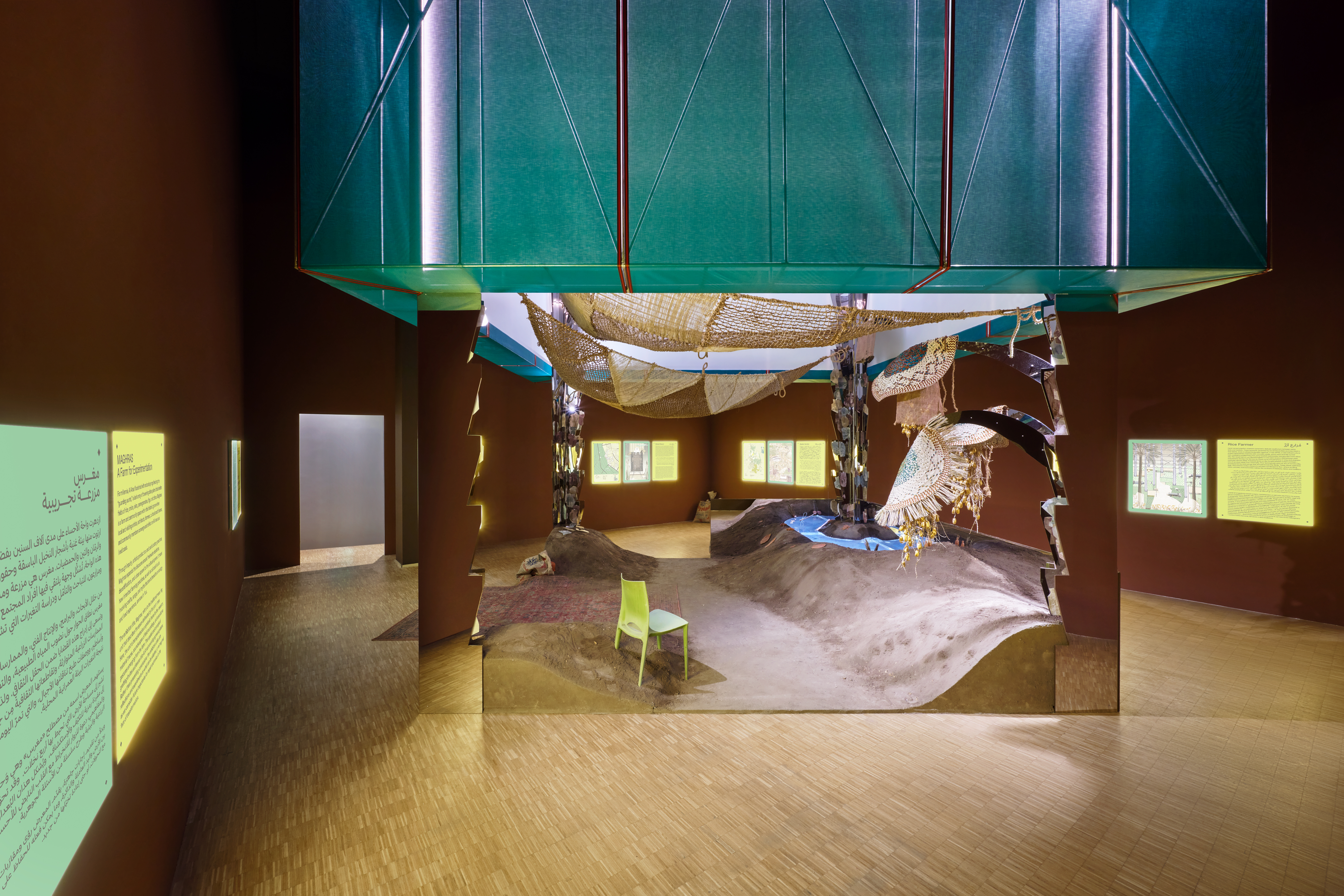
Receive our daily digest of inspiration, escapism and design stories from around the world direct to your inbox.
You are now subscribed
Your newsletter sign-up was successful
Want to add more newsletters?

Daily (Mon-Sun)
Daily Digest
Sign up for global news and reviews, a Wallpaper* take on architecture, design, art & culture, fashion & beauty, travel, tech, watches & jewellery and more.

Monthly, coming soon
The Rundown
A design-minded take on the world of style from Wallpaper* fashion features editor Jack Moss, from global runway shows to insider news and emerging trends.

Monthly, coming soon
The Design File
A closer look at the people and places shaping design, from inspiring interiors to exceptional products, in an expert edit by Wallpaper* global design director Hugo Macdonald.
In a remarkably short span of time, the Kingdom of Saudi Arabia (KSA)—long pictured, in the Western imagination, as an exotic land of oases and oil derricks—has transformed itself into a dynamic state in a fast-paced race towards modernity. From the (controversial) Neom megacity on the Red Sea and the kilometre-high Jeddah Tower, to investments in emergency technology, such as AI, and under the government’s Vision 2030 initiative, Saudi Arabia has been rapidly diversifying its domestic economy, simultaneously aiming to remake its image abroad into that of an innovative juggernaut, with technological and urban development at its heart.
The young Saudis proposing a creative alternative for their country
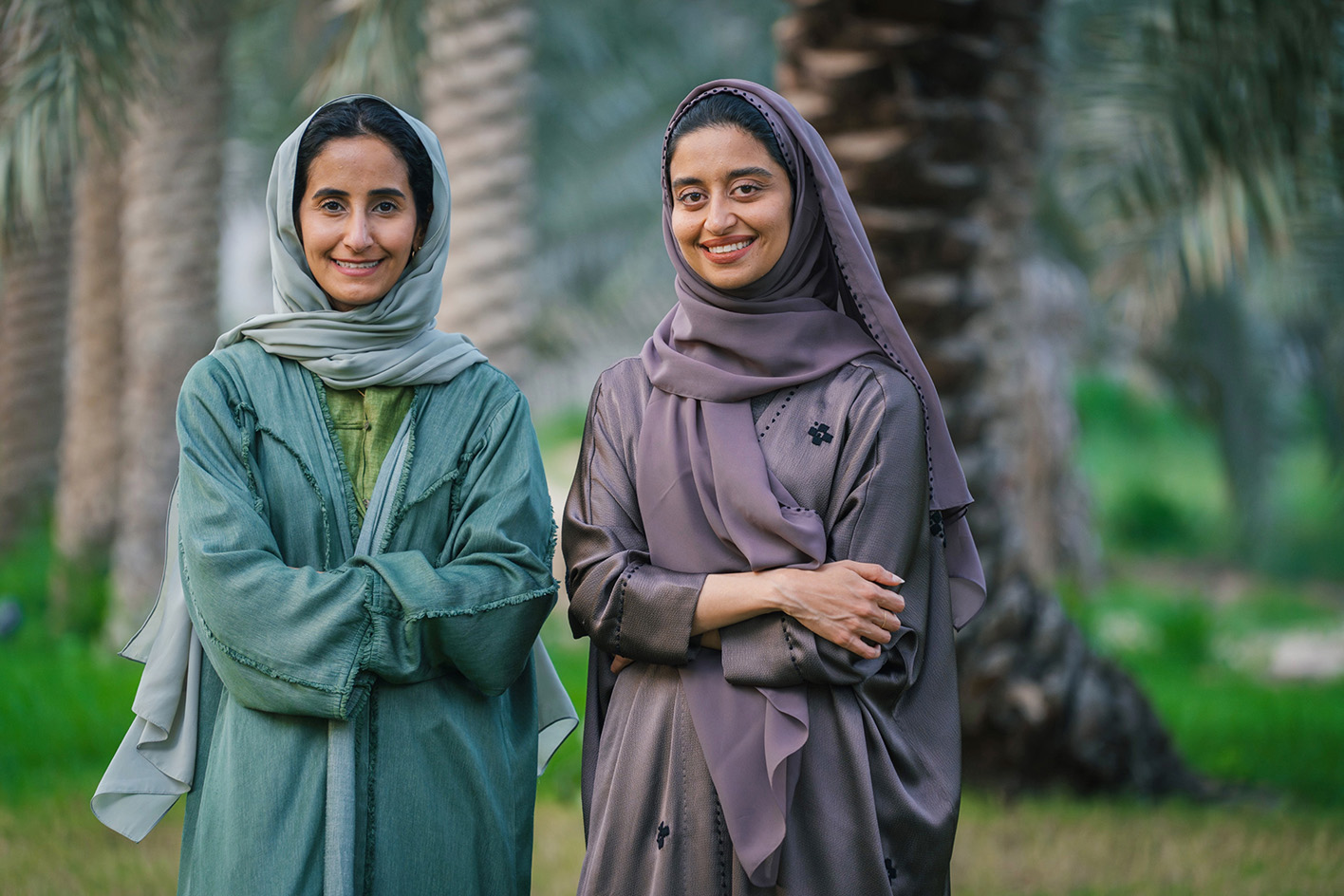
Sara Al Omran and Lulu Almana
Yet that’s not all there is to the Kingdom. 'There’s a lot of emphasis on development,' says Sara Al Omran. 'But there’s so much history.' She knows whereof she speaks: a curator and longtime advisor to both regional and international institutions, Al Omran was born and bred in the KSA’s rural Eastern Province, and is intimately familiar with the quieter, less urbanised corners of the country. Alongside a largely female group of artists, designers, and makers, Al Omran has been helping to slowly upend the Saudi cultural scene yet again, this time with an emphasis on community, ecology, and heritage.
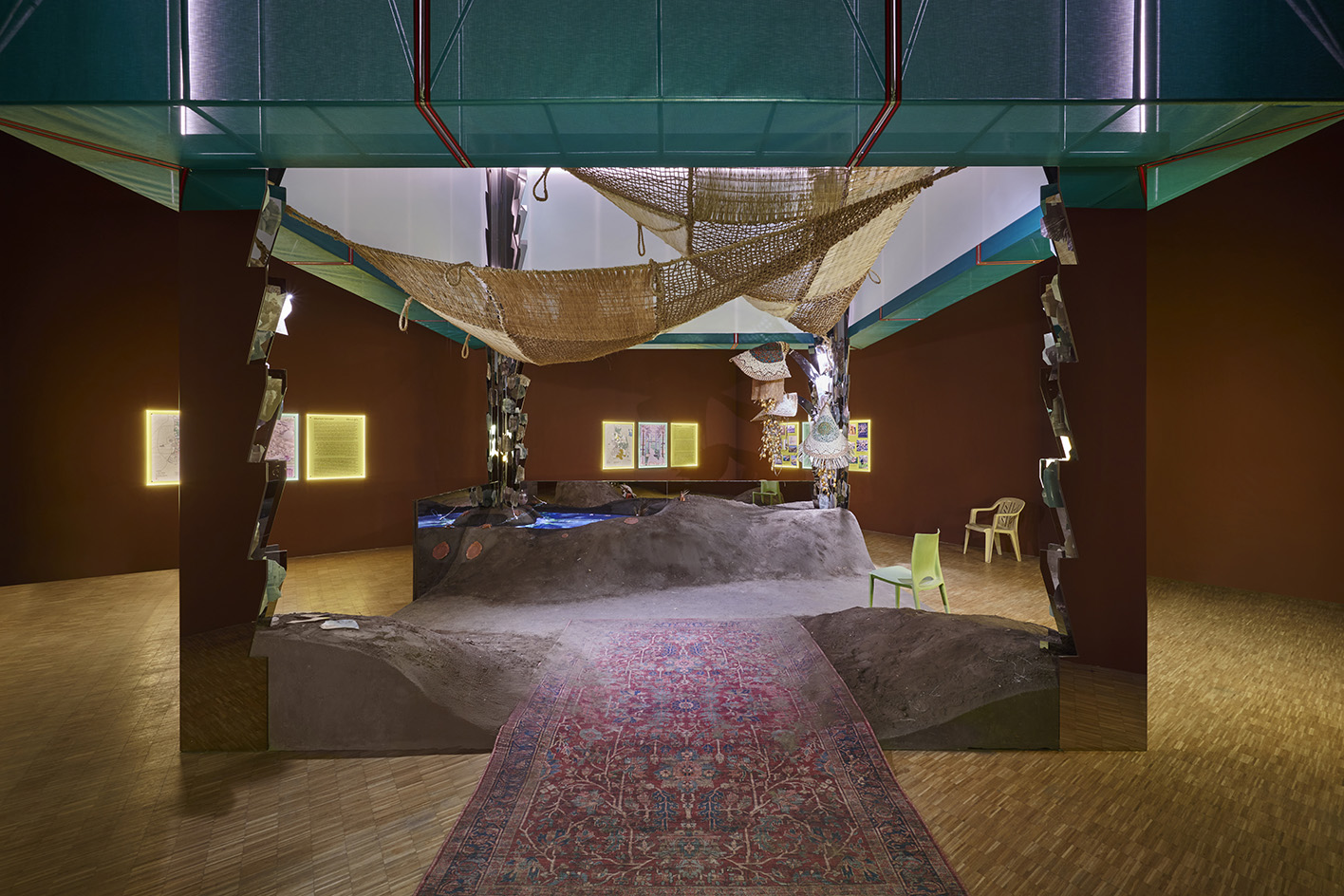
Together with American-trained, London-based landscape architect Lulu Almana, Al Omran recently co-curated the first-ever Saudi Arabian pavilion at the Milan Triennale 2025. Titled 'Maghras: A Farm for Experimentation,' the installation (on view until November 9th) is at once an in-depth look at the complex agrarian society of Al Omran’s native region, and a stirring call to preserve its traditions—music, crafts, foodways—in the face of changing economic and climatological conditions. 'The pavilion feels like it could be a seed for regeneration of the community as such,' says Almana. 'It’s got a lot to offer.'
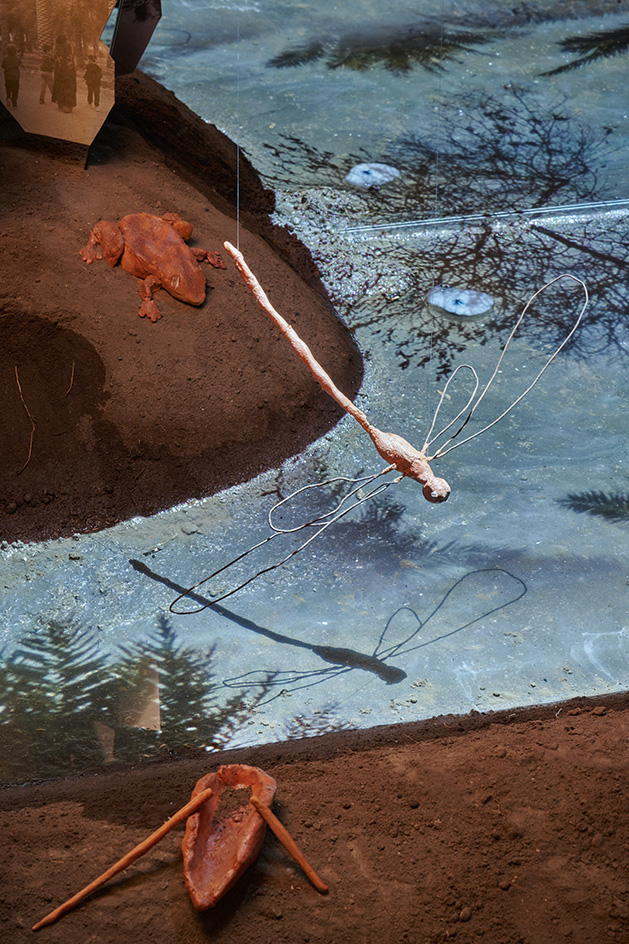
For the group of creatives who came together to make the pavilion happen, showing just how much there is to this 'other' Saudi has been a long-time endeavour. 'This is something I had already been working on for three years,' says designer Leen Ajlan, who brought a keen analysis of desert farming techniques to the Milan show. Educated in the UK, and presently on the staff of international fashion brand COS, Ajlan sees her independent work as emerging from the personal connections she’s formed with the farmers and artisans at the heart of her research. 'You have to build close-up relationships and trust,' she says.
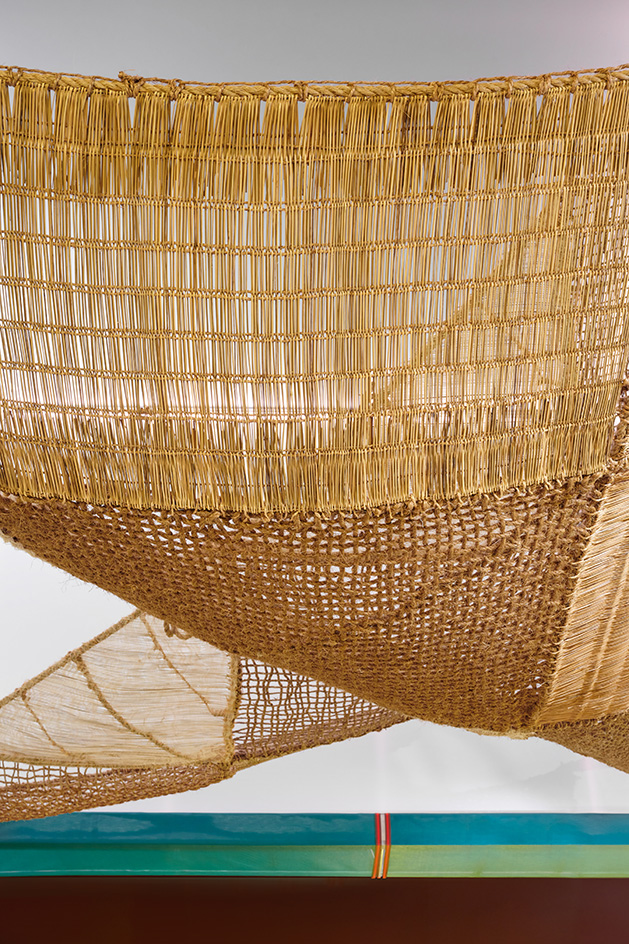
Another of Almana and Al Omran’s contributors, Tara Al Dughaither, has been moving on a similar trajectory, examining the agricultural communities of the KSA through a unique form of practice: sound art. 'What interests me,' she says, 'is sound and the body and memory. How can they actually interact or react?' Like Al Omran, Al Dughaither is also a product of Eastern Province and has used her talent for 'deep listening,' as the curator puts it, to bring the aural environment of exurban Saudi Arabia to the world, as she did during a 2024 residency in London for the Delfina Foundation. 'There are lessons to be learned there,' says Al Dughaither, 'that can be critical for a global conversation.'
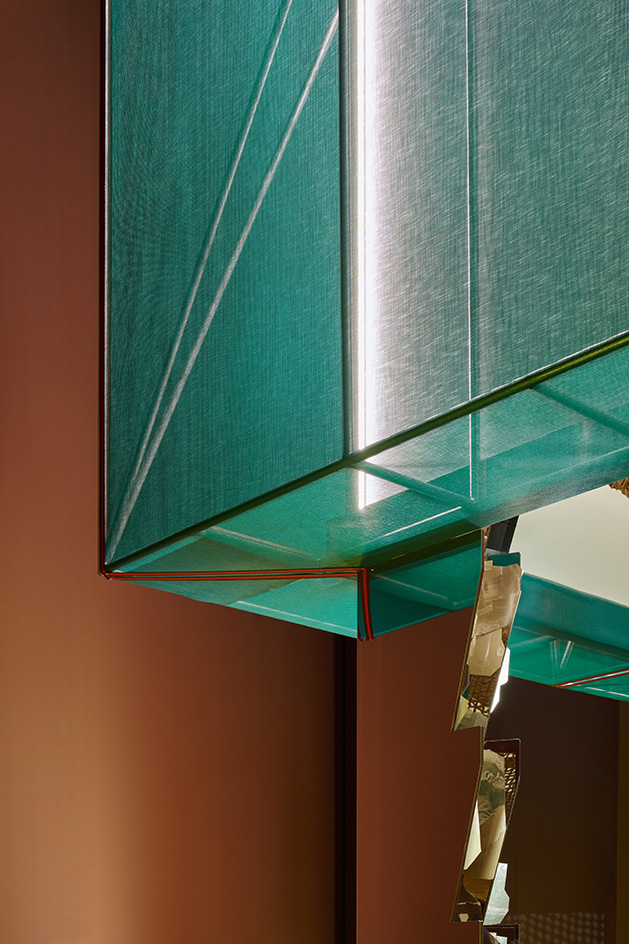
All the curators and participants—most of whom were already acquainted prior to the Milan initiative—agree that, as determinedly forward-looking Saudi Arabia’s official culture has become, there remains a surprisingly strong support network for the work of scholars and thinkers with a more reflective, inquisitive bent. Presently at work on a series of soon-to-be announced public-space projects around the Middle East, Ajlan says that likeminded practitioners have 'always been there, though the representation of them wasn’t as open'; for Al Dugaither, who just wrapped up a major installation at the Sharjah Biennial, the phenomenon appears to be picking up speed, noting that 'new generations are following through with an older lineage of self-organization.'
To further that socio-creative evolution, the 'Maghras' curators are busily transforming their pavilion into a book project that Almana says will 'look at the shared experiences' of many more of their friends and colleagues, deepening the bonds within Saudi Arabia’s artistic community and expanding its reach beyond the nation’s big cities to its villages, homesteads, and historic landscapes. As Al Omran puts it, 'Our object is to grow the circle.'
Receive our daily digest of inspiration, escapism and design stories from around the world direct to your inbox.